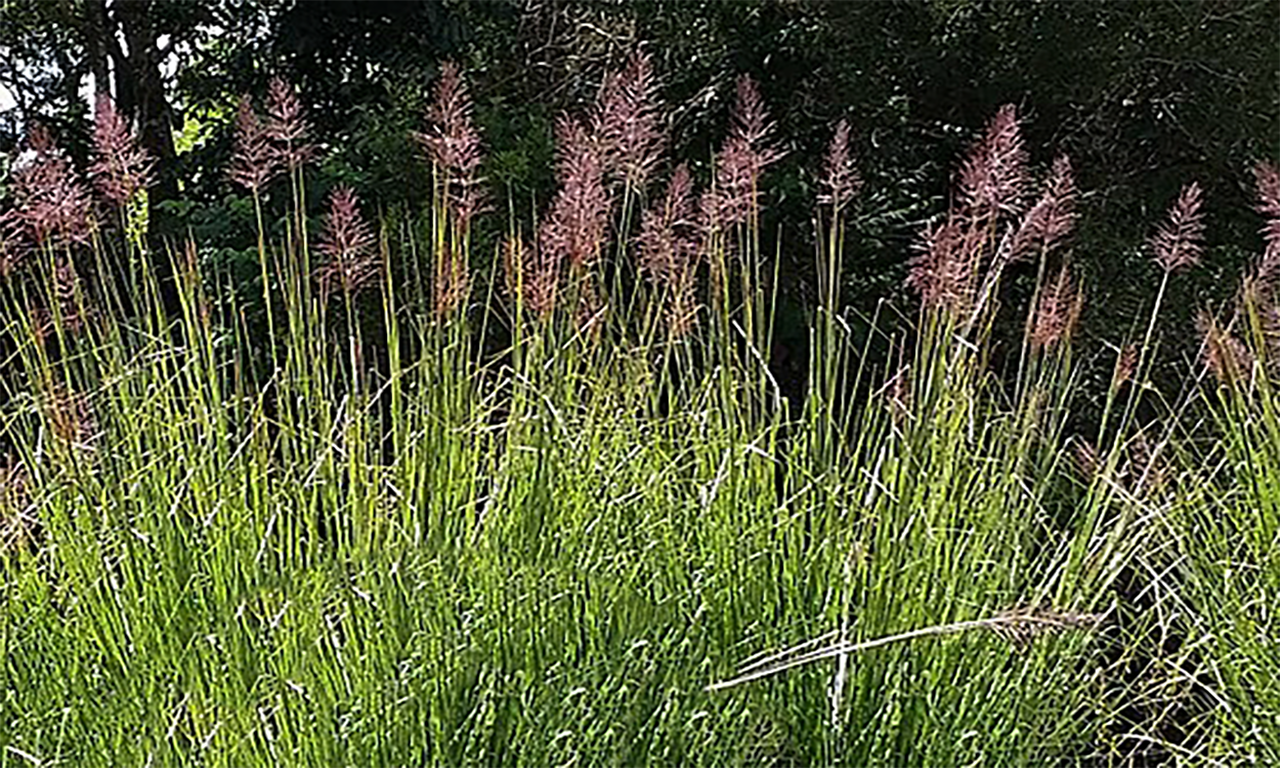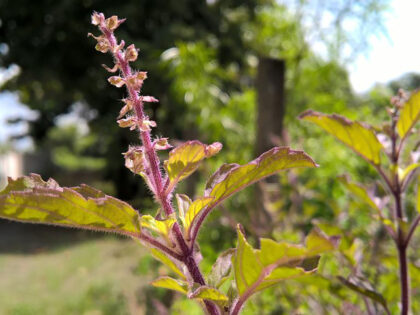Vetiver for Haircare!
-
admin
- Posted on
- 0 comments

Vetiver Meaning
Vetiver, commonly known as khus (Vetiveria zizanioides) is a tall, perennial grass that grows up to 1 to 2 meters high (around 5 feet). The thin leaves and stems are erect and rigid and produce a spongy, much-branched root system with fine rootlets. The roots can attain a depth of more than 3 meters and contain fragrant oils which is a perfume by itself. This plant is also as a great essential oil with multiple health benefits.
DISTILLATION PROCESS
Through steam distillation, the essential oils are extracted from the roots. The freshly harvested roots produce a higher yield of oil than stored roots. The roots are soaked for 18-20 hours in the water in order for the roots to soften to further facilitate the release of the oils.
A markin cloth is tied at the delivery end with a receiver submerged in water. Two fractions of oils are obtained: 1. Lighter oils and 2. Heavier oils. The lighter oil passes through the cloth into the receiver, while the heavier oil is deposited in the cloth. The cloth is then squeezed in order to get the oil.
MEDICINAL AND HEALTH BENEFITS:
The Vetiver plant is very popular in aromatherapy and is well-known in Ayurvedic medicine as it is said to balance the Vata and Pitta dosha and is best known for pacifying the Pitta dosha.
Along with these, it provides several health benefits: (I will describe these further)
- Anti-inflammatory– The essential oil of Vetiver has soothing and cooling effects and is known to pacify and calm all sorts of inflammation, particularly in the circulatory and nervous system
- Anti-septic– wounds are likely to get septic due to bacteria and microbes mainly in tropical countries like India. Vetiver and its essential oil, stops and protects the grows of bacteria on wounds. It can be applied externally or taken orally to prevent internal organs from getting septic.
- Stimulant– sexual disorders are linked to the brain rather than the physiology of an individual. This oil stimulates the brain and enhances libido which in turn leads to arousals.
- Healing benefits- Vetiver oil helps in the growth of tissues in affected areas of the skin which in turn leads to the disappearance of scars, wounds, post- delivery stretch marks, cracks, burns, etc.
- Tonic for the nerves- Vetiver oil is a ‘Nervine’ that protects, takes care and keep the nerves in good condition. It heals damaged nerves and helps get rid of nervous and neurotic disorders like Parkinson’s, Epileptic, etc.
- Calming agent- the soothing properties of the essential oil is used for relaxation and recovery from stress and strain. It also helps with nervous irritations, panic attacks, shock, and other emotional outbursts.
Agricultural benefits
- Mulching– the leaves of Vetiver are durable and long-lasting. They provide shade to a plot and thus reduce temperatures, preserve the moisture and control the weeds.
- Animal feed– the young leaves can be ground to feed fish and livestock. The mature leaves can be used as a ruminant feed if mixed with other feed and forage.
- Pesticides– in places where Vetiver is used as mulch, insects are always away. The roots also help in destroying termites.
- Perfume– vetiver has a woody, earthy, and nut-like smell. It is used in perfumes, deodorants, lotions ad cosmetics
Other uses of Vetiver:
- It replenishes nutrients in highly degraded areas.
- The roots absorb pollutants and clarify the water.
- It can also be used in cooking- while baking or infused in a tea.
- Beautiful woven handicrafts can be made using its leaves and roots
- This tall, dense plant also prevents prying eyes and maintains privacy.
Yatharth:
44,500 acres of land protected by Vetiver hedges will provide a CO2 sink for the carbon produced by 100,000 cars traveling 12,500 miles a year.





